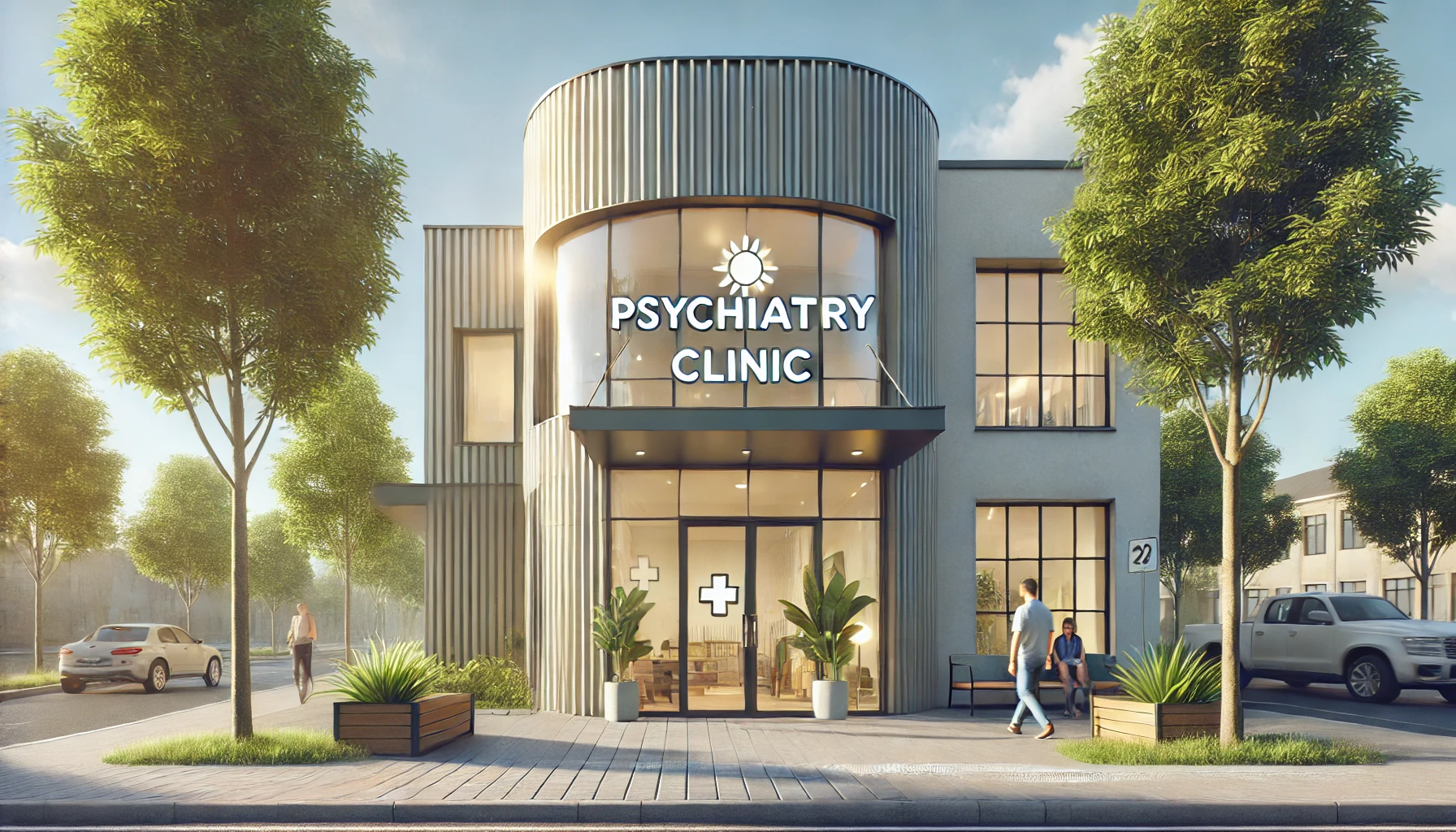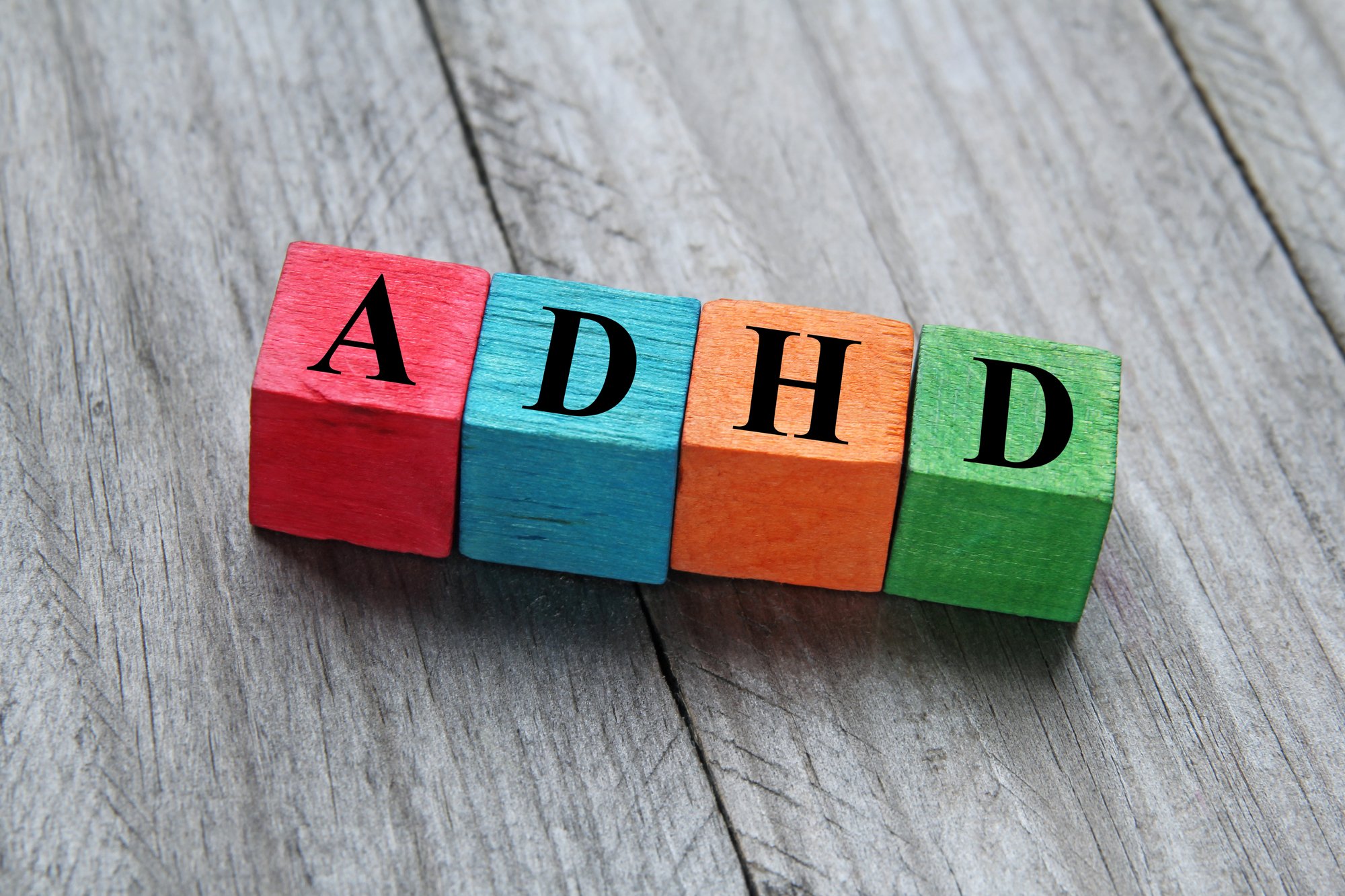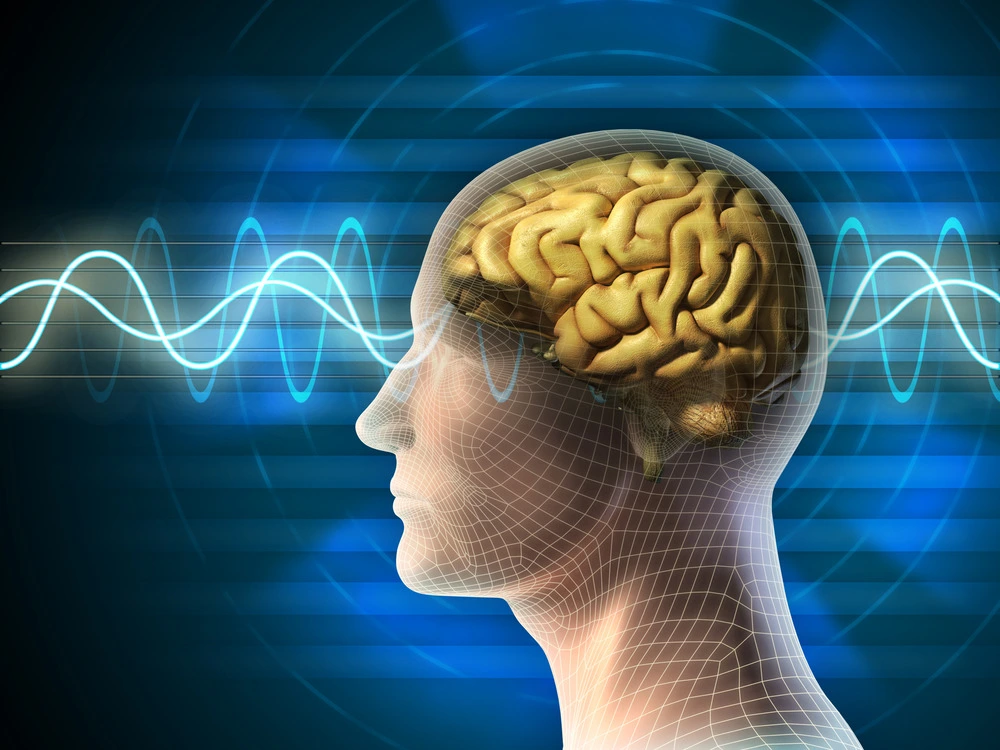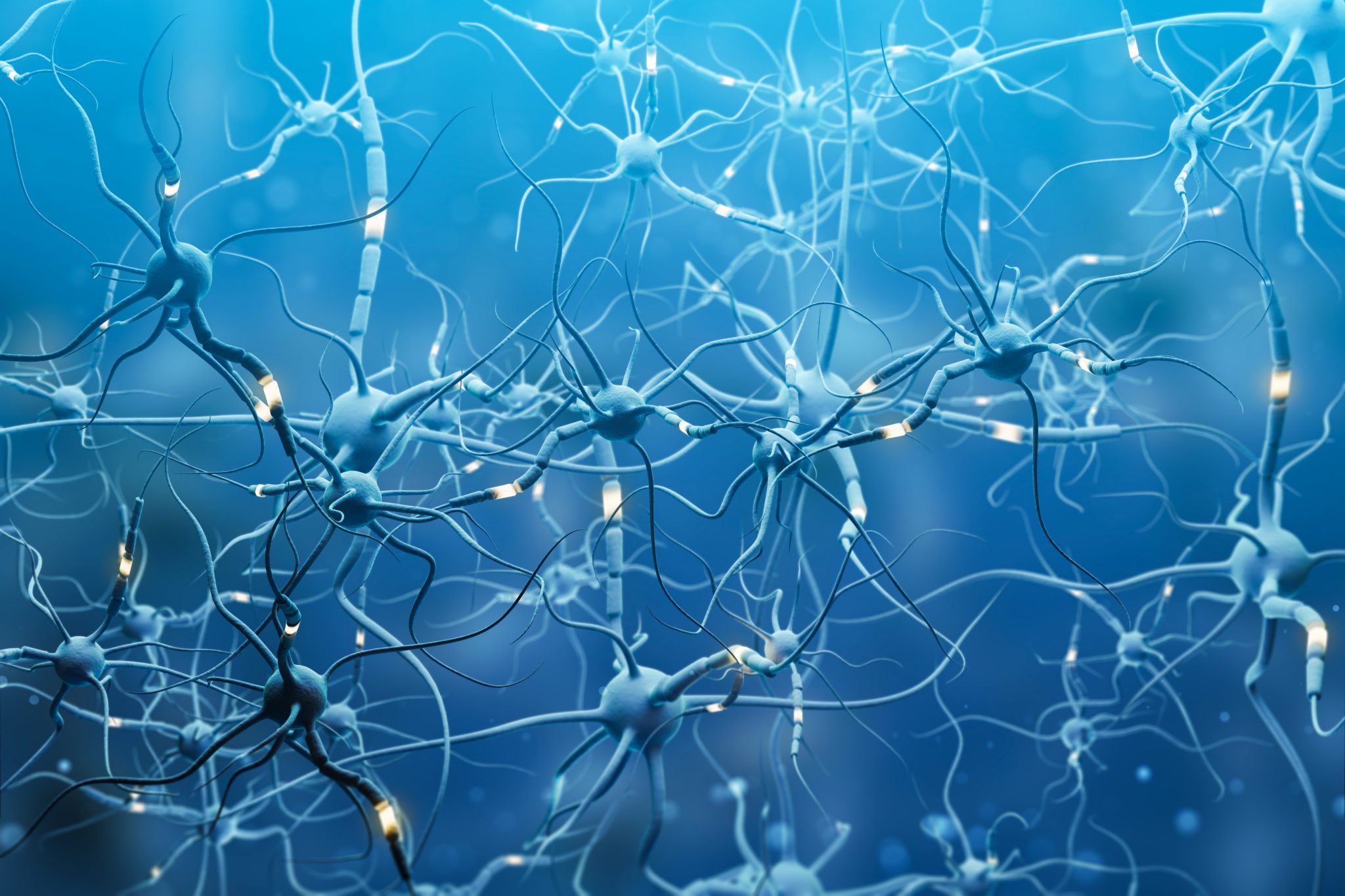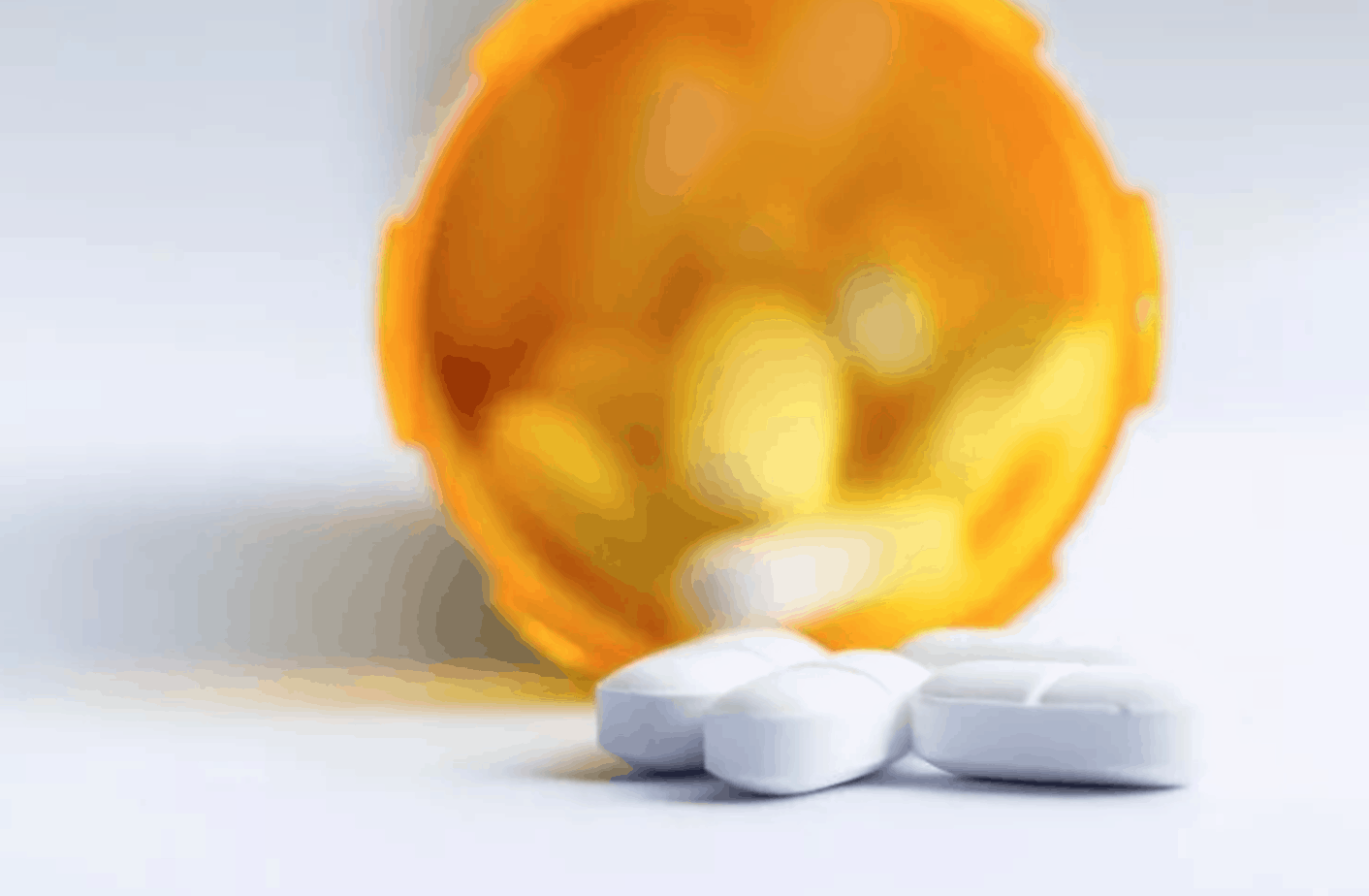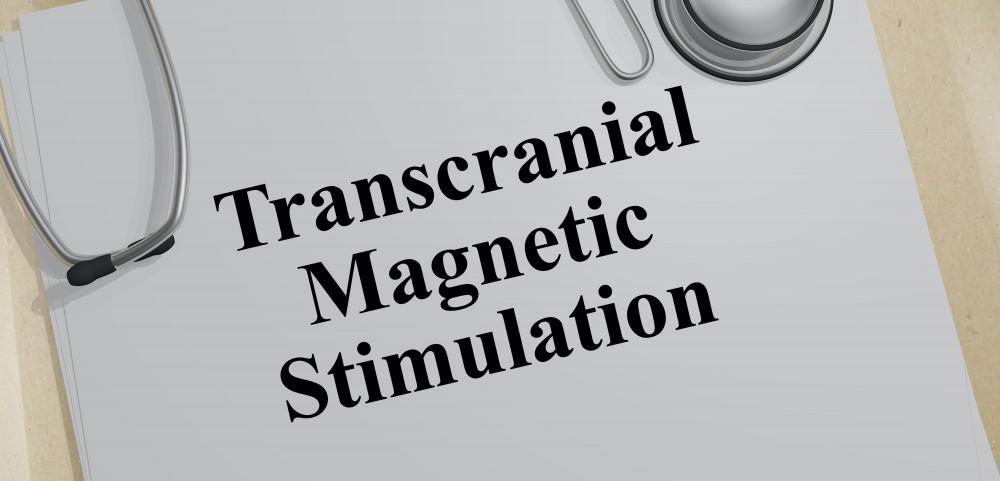TMS, or transcranial magnetic stimulation, is an FDA-approved alternative treatment option for individuals with treatment-resistant depression. It is also effective for treating a variety of other conditions. At Bespoke Treatment, we offer TMS for patients with major depression, bipolar disorder, OCD, PTSD, anxiety, and some forms of chronic pain.
What is TMS?
TMS is a noninvasive therapy in which a machine is used to send magnetic pulses through the scalp in order to stimulate neural activity. Specific areas of the brain can be targeted for stimulation; when used to treat depression, the area of the brain in which under-activity is known to be related to depression is targeted. TMS has been used in a clinical setting for over 40 years and has been FDA-approved for depression since 2008. It also became FDA-approved to treat some forms of chronic migraine in 2013.
TMS is gaining popularity as a depression treatment due to its unique characteristics compared to standard antidepressant medications. For one, clinical trials and observational studies show that TMS is extremely effective in reducing depression symptoms compared to other treatment options. While the effectiveness depends on the TMS methods used and the individual, studies show that approximately 68% of patients have a meaningful response to TMS — much higher than the 37.5% for antidepressants. Additionally, TMS is different from medication in that it offers lasting results; at least 90% of patients who respond to TMS experience symptom relief for 12 months or longer. This is an extremely promising discovery, as all currently available antidepressants will stop working once the patient stops taking them. Antidepressant medications promote dependency and simply aren’t as reliable as TMS is.
What are the actual side effects?
If you’ve heard of TMS, you may have seen it advertised as having little to no risks or side effects. Or, maybe you’ve seen or heard horror stories of people who say they had a terrible experience with TMS. So, what is the truth? What’s the science behind the side effects of TMS? Is it 100% safe?
In terms of safety, research shows that TMS is statistically the safest medical treatment for depression available. Antidepressant medications disperse throughout the entire body when ingested, leading them to have a variety of health effects such as weight gain, fatigue, nausea, insomnia, and sexual dysfunction. In contrast, TMS is noninvasive, and its bodily effects are limited to the targeted neural area. There are few adverse effects that are extremely rare and many are dependent on the methods and practices used to adminster TMS.
The adverse effect of the highest risk is seizures; however, incidence of seizure during TMS is extremely low, and is actually equivalent to the incidence of spontaneous seizures that occur with antidepressants (approximately 0.1%). Updated research suggests that the seizure risk is about 1 in 80,000, which is 10x less than the incidence of seizures due to fluoxetine, a commonly prescribed SSRI. Factors such as pre-existing neurological conditions, a history of seizure, and substance use can increase the risk of seizures; for this reason, patients must be approved before they are eligible to receive TMS treatment. Importantly, there are numerous ways to mitigate any risk of seizure during TMS, including carefully paying attention to the actual placement of the coil (one can’t just “set it and forget it” like some other TMS centers have in the past) as well as monitoring any twitches in the upper extremities. If a seizure happens from TMS, it can almost always be predicted by hand and/or arm shaking beforehand. A well-trained technician will then move the TMS device immediately if they catch it.
Another consideration is the impact of metal implants and electronic devices. The safe distance between any metal device and the TMS coil is considered to be at least 10 cm, but patients with metal implants of any kind may not be approved for TMS due to the additional risks involved.
While you may have seen claims that TMS can impair thinking or cause memory loss, there is no clinical evidence that TMS causes cognitive impairment.
As for minor side effects, patients typically report discomfort or mild pain on the scalp during the TMS treatment. Many describe this as a tapping or knocking sensation on the scalp while the device is in use. Additionally, temporary mild headaches are a common side effect, which are thought to be due to local scalp stimulation or changes in cerebral blood flow. These side effects are not severe, with less than 2% of patients in clinical trials choosing to discontinue treatment due to side effects. Additionally, any pain or discomfort experienced typically improves over the course of treatment.
So, TMS does have some potential adverse effects and mild side effects, as all medical treatments do. In comparison to current antidepressant medication, TMS is one of the safest treatments available, and has the potential to offer lasting symptom relief.


